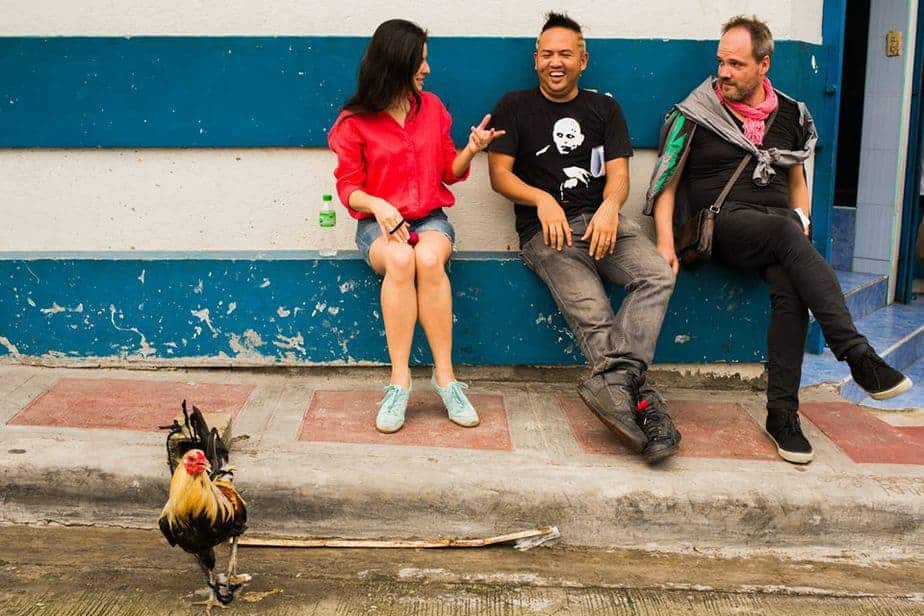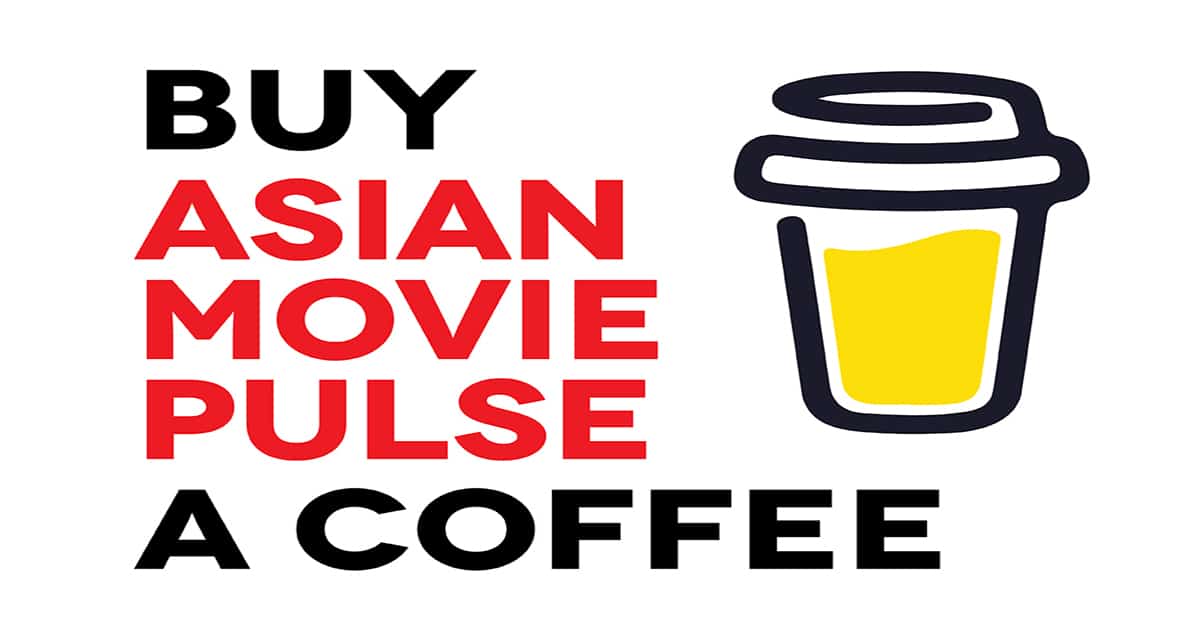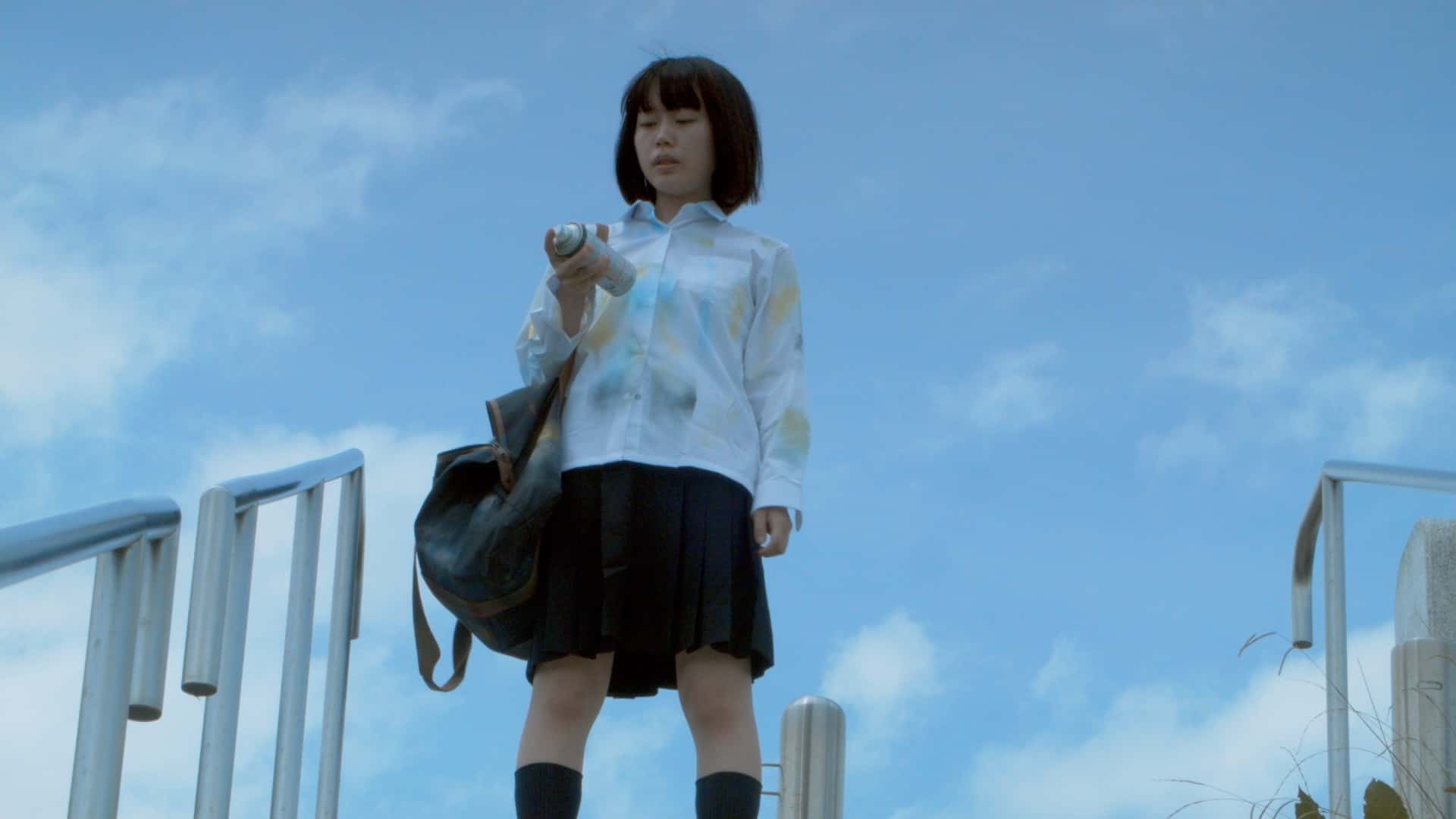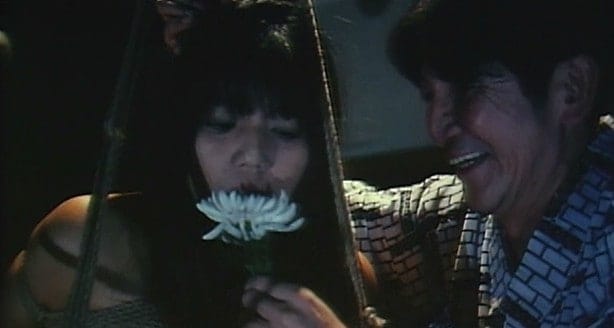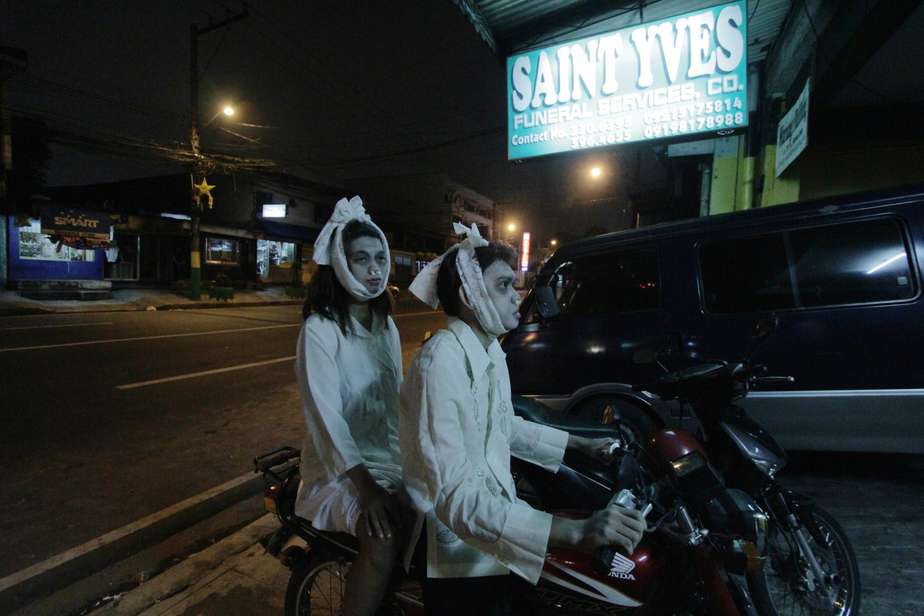Stephan Holl is Managing Director of Rapid Eye Movies, a German film label dealing in distribution, production and music. Since 1996 the company has been distributing highly aesthetical and extraordinary cinematic gems. As distributor, Rapid Eye Movies triggered the breakthrough of Asian directors like Takeshi Kitano, Takashi Miike, Park Chan-wook and Kim Ki-Duk in Germany and above all, popular Indian cinema in Europe. The initial focus of primarily distributing national and international film has been extended bringing together talents from a diverse array of cultures and artistic spheres – from music to film and visual arts – to create and produce movies that push boundaries and defy the conventional.
On the occasion of our #TheKhavnProject, we speak with him about his career, Rapid Eye Movies, Asian cinema, the future of the movie industry and of course, Khavn.
Can you give some details about your background in cinema (studies, work etc). How did you end up creating Rapid Eye Movies?
I worked as projectionist, cinema programmer, curator, was part of a film collective and discovered the Hong Kong new wave cinema in the late eighties and early nineties. Watching John woo´s “The Killer” at the new York Film Forum changed my professional life. “The Killer” became the first film Rapid Eye Movies licensed for a commercial release in Germany. Films from Johnnie To, Kitano, Kim Ki-duk, Park Chan-wook, Sion Sono, Takashi Miike followed. Throughout the 90s, we distributed many first films of these directors, and made them popular and screened in cinemas.
You have been working in the film industry for more than two decades. Which were the most significant changes you have witnessed? How would you describe the market regarding physical media (DVD, Blu Ray etc) at the moment? What is your opinion about Video on Demand and streaming in general?
I think it is important to embrace changes and how films are being seen. As long as films are shown and treated like films, every medium is fine. The moment films are treated as “content” , we at Rapideye will be gone or stop being involved. Of course, the cinema experience is how films were born and it is the ideal medium, the one closest to the filmmaker's vision but also as a collective experience. In that sense, cinema cannot be replaced by any other medium.
The economics for distributing film is a challenge. It was never easier to distribute a film (only a mouseclick away) and never more difficult to cut though the noise of an ocean of content. This is why your initiative is so important. Filmmakers and film fans, cinephile people unite!
What drew you to Asian cinema in particular?
You can say I was pushed into the unknown, Terra incognito. Because German cinema during the mid-90s was very bad, only lukewarm comedies were released. Very talky French and Hollywood fare were the only available new films in the cinema circuit in Germany. The vocabulary of Kitano or John Woo or Kim Ki-duk, for example, was something new and unheard of. We could only see these films on film festivals or when travelling to Asia. Today, gladly, we can say that it does not matter where a film comes from. If it is a good film, it will find its audience.
Can you give us some details regarding the way you select films for REM? What exactly are you searching for?
This is hard to answer. This is a very personal process; whatever surprises us, gets us emotional engaged, or is pushing the envelope of the familiar, and, ideally, takes us to a new place …
Thanks to our work as distributors we had met wonderful filmmakers and enjoyed working together. So it was natural or organic to ask, “what's your next project, what are you working on?” This is how we started producing or coproducing or working on films with Khavn, Sabu, Christopher Doyle and few other filmmakers we love and respect. So the involvement changed and got closer to the process of filmmaking, which is wonderful.
How did your collaboration with Khavn begin?
With our friendship. We met in Rotterdam and then Berlin, many years ago. Since then, we talk and share ideas very often, and we work on some of Khavn's films together, which is such a great pleasure. Every conversation with Khavn is unique and such a joy.
How would you describe Khavn's cinematic style?
It is more than a style, and it is even more then what you call filmmaking or (co)producing. It is more than that, a certain way of life Khavn has chosen and how to look at what is inside you and around you, and what you have to say.
How would you describe Khavn as a person?
Super beautiful wazak.

Recently you released his two collaborations with Alexander Kluge, “Happy Lamento” and “Orphea“. What drew you the most in these two films?
I introduced Khavn and Alexander Kluge (he is 88 years young) and worked as a producer in such sense to help the process of these films to get made. To keep flow and momentum, and not to stop (I have learned that from Khavn, not to stop during a creative process). And what is so beautiful is that these two films exist, and, certainly, are an experience to watch. Something I cannot describe with words. Better watch it and find out.
How do you think the pandemic will influence cinema and particularly companies like yours?
What was already challenging before, how to make ends meet, becomes even more challenging today. But maybe we are all asking ourselves what really matters. If the answer is the people you work with and are close to, then nothing can go wrong.
What are your plans for the rest of the year regarding REM?
Release “Orphea” and send it to more festivals. Co-producing and developing new projects to be made. Releasing films we had already acquired once cinemas are reopened. And being happy watching a film with an audience and experience watching a film together.


